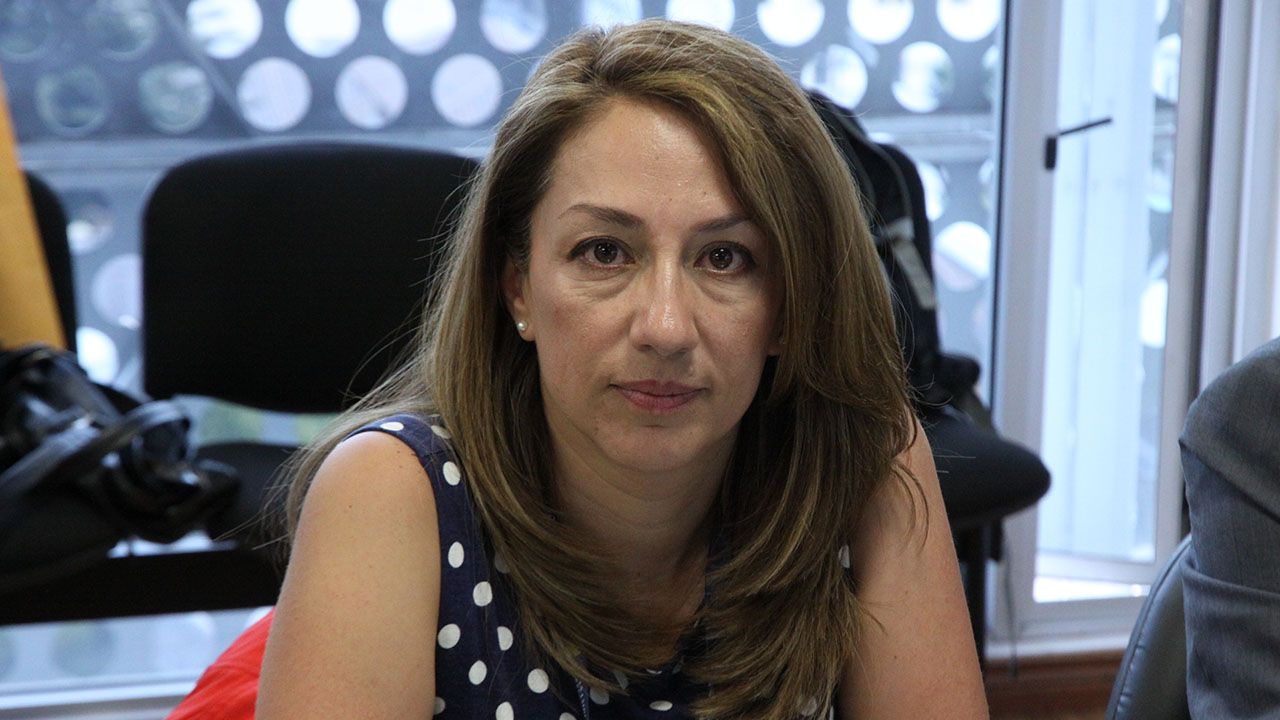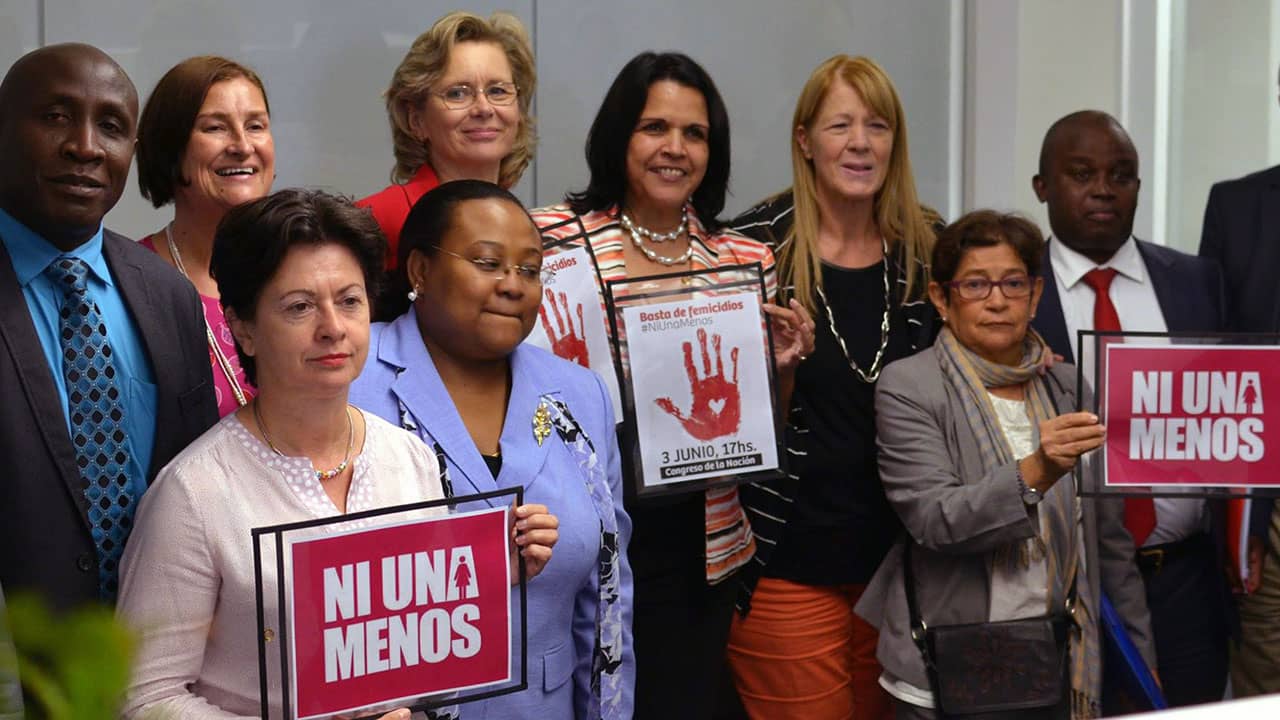
PGA member Ms. Soledad Buendía, MP from Ecuador, has written the following article denouncing the gender-based violence and discrimination suffered by women, particularly by those in politics, and calling for full equality between men and women, including in terms of political participation.
From the middle of the world
by Assemblywoman Soledad Buendia (Ecuador)
Gender-based violence is one of the expressions of human violence. Regretfully, in the political exercise of the 21st century in our region, this practice continues. To explain this thesis we need to leave aside the feminism of equality and the feminism of difference. The explanation to this theoretical conceptualization is found in the juridical constructions of our legislations under the blueprint of guarantees and protection of rights underpinned on the basis of a gender definition. According to Gloria Comesaña Santalices, “this has been defined as a cultural construction that regulates the social relations between genders and the normative and value - philosophical, political and religious – codes from which the criteria to talk about masculine and feminine as well as the asymmetric and subordinated power relationships, are established. These codes are susceptible of modification throughout time.”
Moreover, Comesaña Santalices clarifies that the “notion of patriarchy (a world organized in function of men’s domination) necessarily implies the notion of power and the attempt to explain the feminine condition up to its final consequences.”
Those of us who participate in politics suffer a double systematic discrimination in the fight for power: we face questions about our physical appearance, emptying the content of our speeches and ideas with personal insults and aggressions in “independent” traditional media and social media; as well as seeking to minimize our legitimate political participation. There are plenty of examples in our region of former presidents, legislators, ministers and social leaders who have been victims of machismo criticism discrediting women’s political participation.
Sadly, these practices are becoming natural in our countries, given way to the need for a process to systematically strengthen public policies that involve a change in the discriminatory socio-cultural patterns and lead to full equality in political praxis; from the construction of legislation with a human rights approach to institutional strengthening. We must recognize the legislative and political progress in this issue; however, eliminating this type of violence is a continuous construction process that requires a firm commitment by the political class.
Despite violence and machismo, women’s representation in Latin America is higher than in other regions, for example, the number of women who have been elected President in our region. Political women face “scornful and partial propaganda” and achieve the highest representations in societies with the highest rates of femicides.
Achieving profound changes requires respect to free opinions and full guarantee to freedom of expression in political practice. The elimination of violence includes equality of opportunities and the full recognition of formal and material equality in participation, a vision of leadership in our countries’ national destinies decision-making. The goal is to integrate our nations in the fight to consolidate the elimination of gender-based violence and the fight for our rights.






